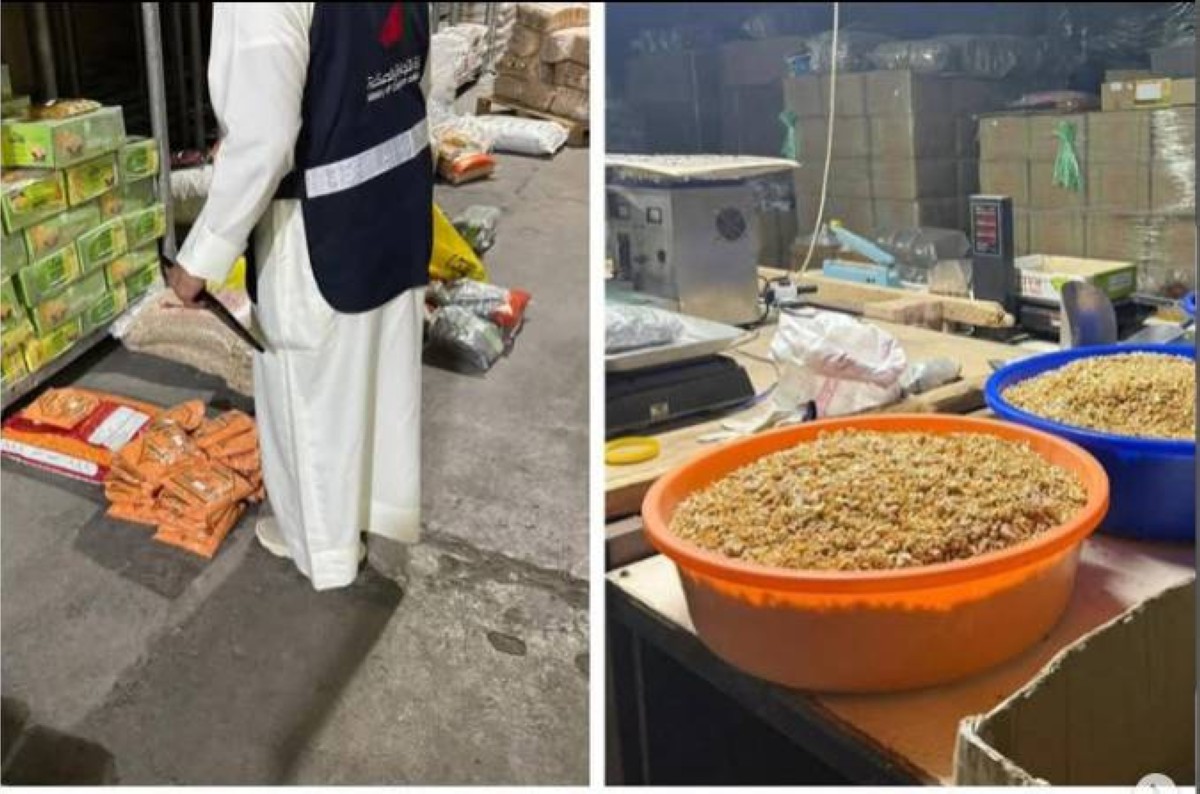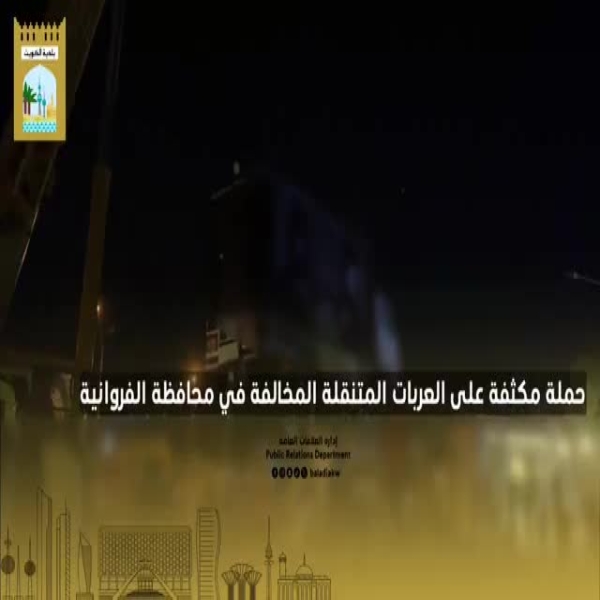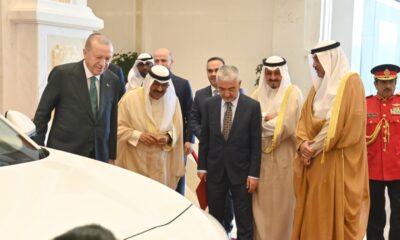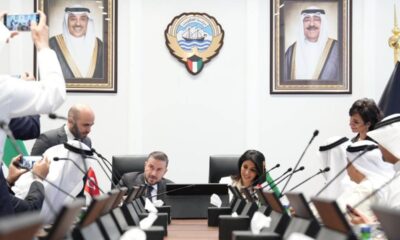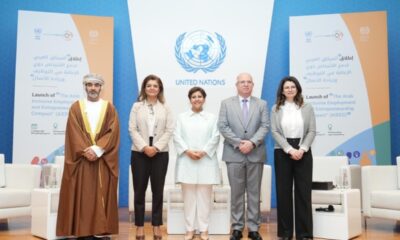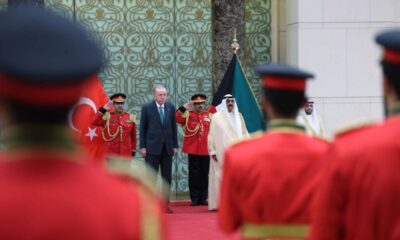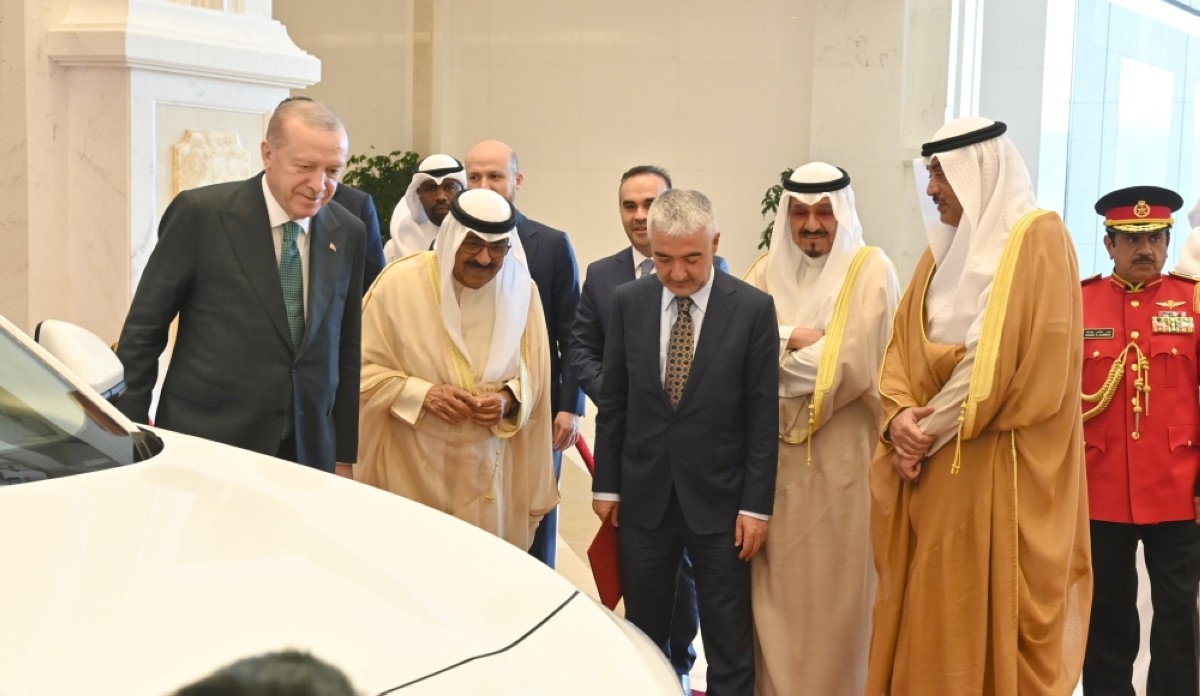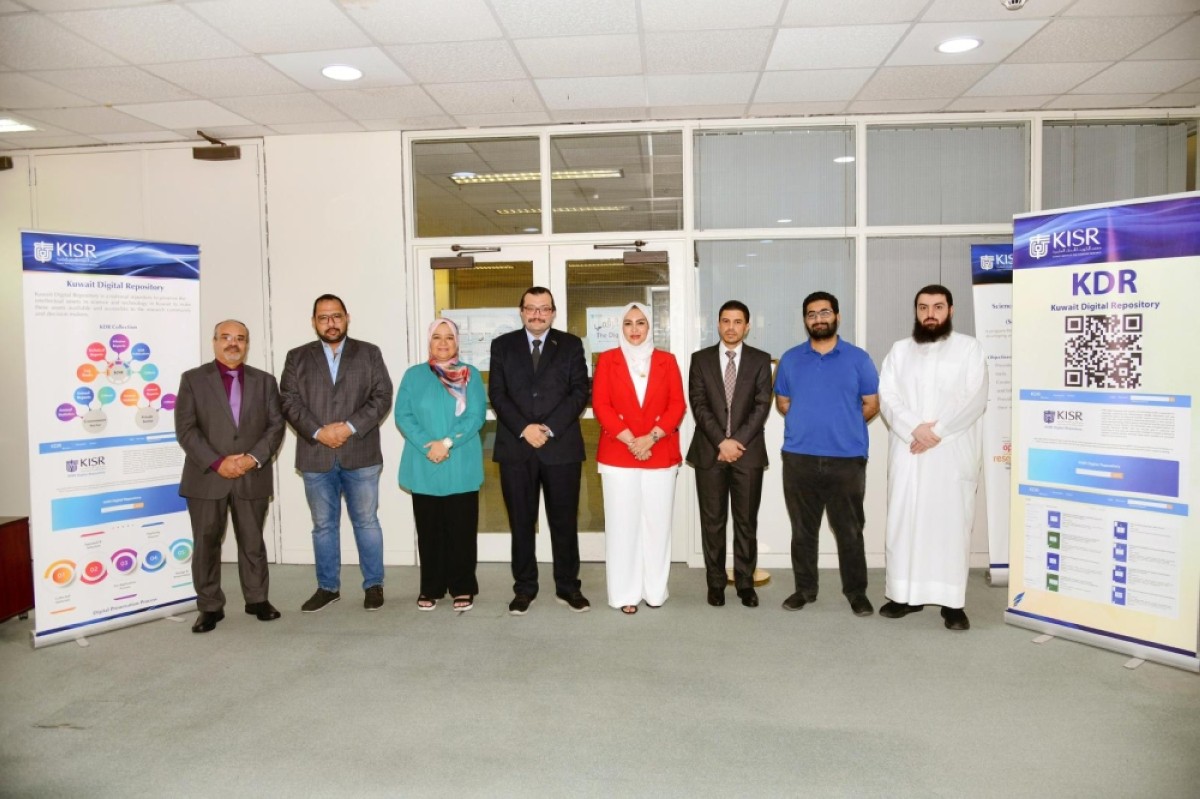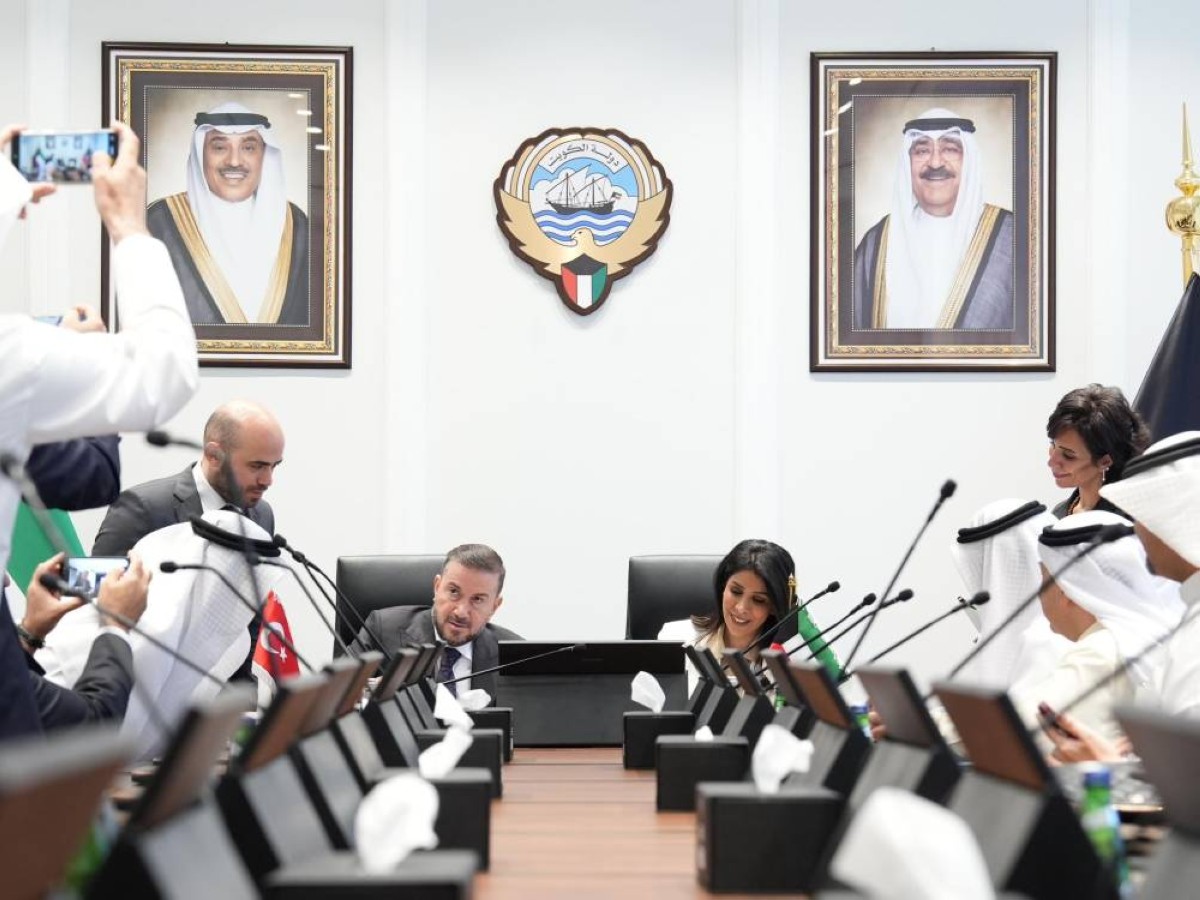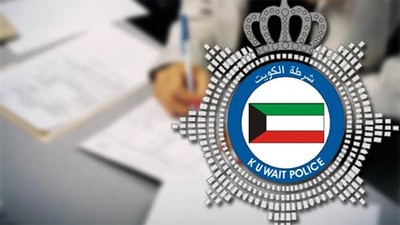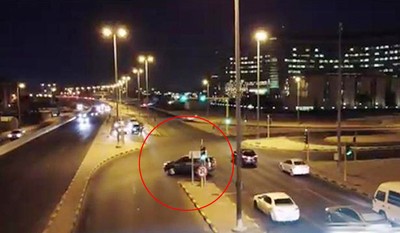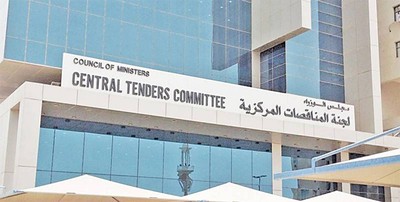KUWAIT: Turkish President Recep Tayyip Erdogan and an accompanying delegation arrived in Kuwait on Tuesday on an official visit. Heading the reception at Kuwait International Airport were HH the Amir Sheikh Meshal Al-Ahmad Al-Jaber Al-Sabah and HH the Crown Prince Sheikh Sabah Al-Khaled Al-Hamad Al-Sabah. Also present were HH the Prime Minister Sheikh Ahmad Al-Abdullah Al-Ahmad Al-Sabah and senior ministers and state officials.
HH the Amir Sheikh Meshal received a gift from Erdogan at Bayan Palace. The gift, an emblem of Erdogan’s appreciation and pride in the bilateral ties between the two nations, is a Turkish-made Togg electric vehicle. HH the Amir voiced his sincere appreciation for this generous gesture, wishing the President and the Turkish people further progress and prosperity.
HH the Amir held official talks at Bayan Palace with Erdogan, attended by HH the Crown Prince, HH the Prime Minister and senior officials from both sides. Minister of Amiri Diwan Affairs Sheikh Hamad Jaber Al-Ali Al-Sabah said during the talks, the two sides reviewed bilateral relations between Kuwait and Turkey, discussed means of strengthening cooperation in various fields and exchanged views on key regional and international developments of mutual concern.
HH the Amir Sheikh Meshal welcomes President Erdogan before holding official talks.
In the presence of HH the Amir and Erdogan, Turkish Foreign Minister Hakan Fidan and Kuwait’s First Deputy Prime Minister and Interior Minister Sheikh Fahad Al-Yousef pose after signing an agreement between the two countries.
The meeting reflected the spirit of friendship and understanding between the two countries, affirming their mutual desire to enhance cooperation across all domains in a manner that serves their common interests and promotes regional stability. Preserving the hard-won ceasefire recently achieved in Gaza between the Zionist entity and the Palestinian group Hamas is critically important, Erdogan said Tuesday, according to a statement by the Turkish Communications Directorate. “Emphasizing the critical importance of maintaining the strenuously achieved ceasefire in Gaza, President Erdogan stated that a two-state solution is imperative for lasting peace, and highlighted the significance of the Islamic world’s common stance on this matter,” said the directorate.
The statement also said that Erdogan “stressed Turkiye’s resolve in upholding Syria’s political unity and territorial integrity, and expressed the desire to move forward together with the brotherly Arab states in building a promising future for the Syrian people.” On bilateral ties, Erdogan said the existing cooperation between Turkey and Kuwait in the fields of investment, energy, trade and the defense industry carries strategic importance. “President Erdogan stressed the potential to further enhance the deep-rooted bilateral ties,” the statement said.
“President Erdogan expressed appreciation for Kuwait’s efforts to promote regional stability as the current Chair of the Gulf Cooperation Council, and remarked that the free trade agreement, still under negotiation between Turkiye and the GCC, would further strengthen Turkiye’s commercial relations with the brotherly Gulf countries,” it added.
HH the Amir then held a banquet in honor of Erdogan and his accompanying delegation. Later, in the presence of HH the Amir and Erdogan, HH the Crown Prince and HH the Prime Minister, a number of agreements were signed at Bayan Palace between Kuwait and Turkey. The agreements include a maritime transport agreement and a memorandum of understanding on the mutual recognition of seafarers’ certificates; a memorandum on cooperation in the energy sector; and a memorandum on cooperation in the field of direct investment incentives. Erdogan and his accompanying delegation then departed from Kuwait, heading to Qatar. Bidding him farewell at the airport were HH the Crown Prince, HH the Prime Minister and top state officials. – Agencies




